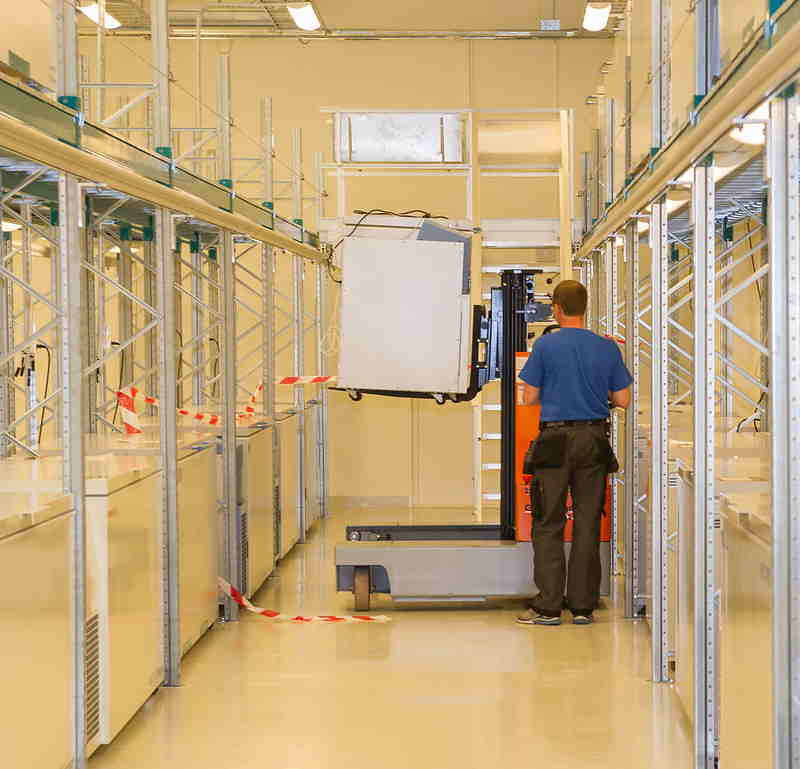Aggregated News

"Biobank" by UiT Norges arktiske universitet
is licensed under CC BY-NC-ND 2.0 via flickr
Marin Konstadt, visiting family in Florida, was at the opera in 2020 when she got a call on her cellphone. She called back at intermission. The caller, a genetics specialist at a hospital, had some important news for her. She has a genetic variant that can increase her disease risk. Did she want to know more?
Ms. Konstadt, 69, a psychiatric nurse practitioner who lives in Salem, Mass., had been thrust like many other Americans into a raging debate on medical ethics and genetics. In 2016, she provided a DNA sample to a biobank, a repository of medical records, tissues samples and genetic sequences that investigators can use to study genes and their variants in the population, and their relation to health. For example, the large British biobank, with half a million anonymous participants, has found rare gene variants linked to heart disease, which may lead to improved treatments.
Ms. Konstadt thought she would help contribute to such research efforts when she provided DNA...



